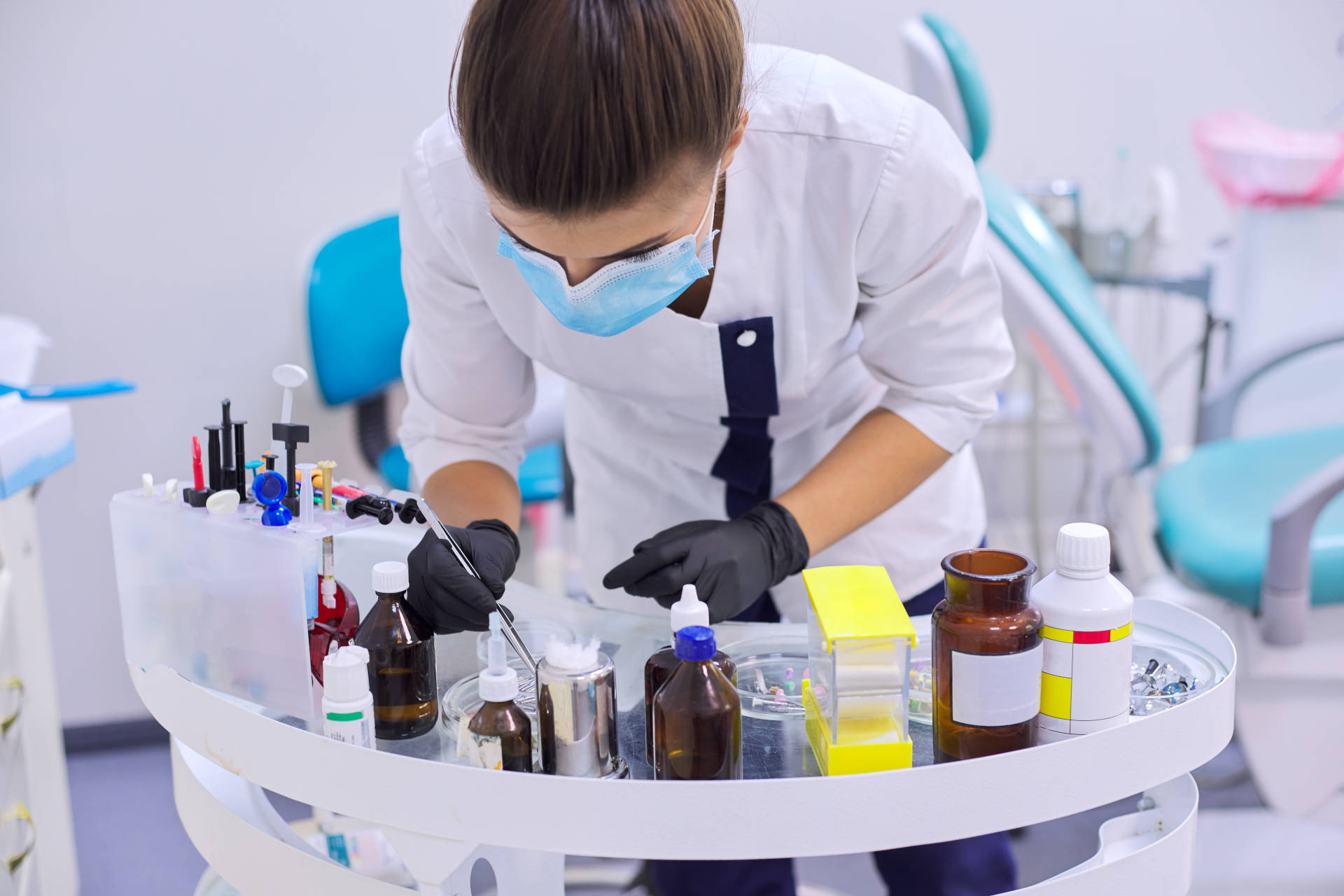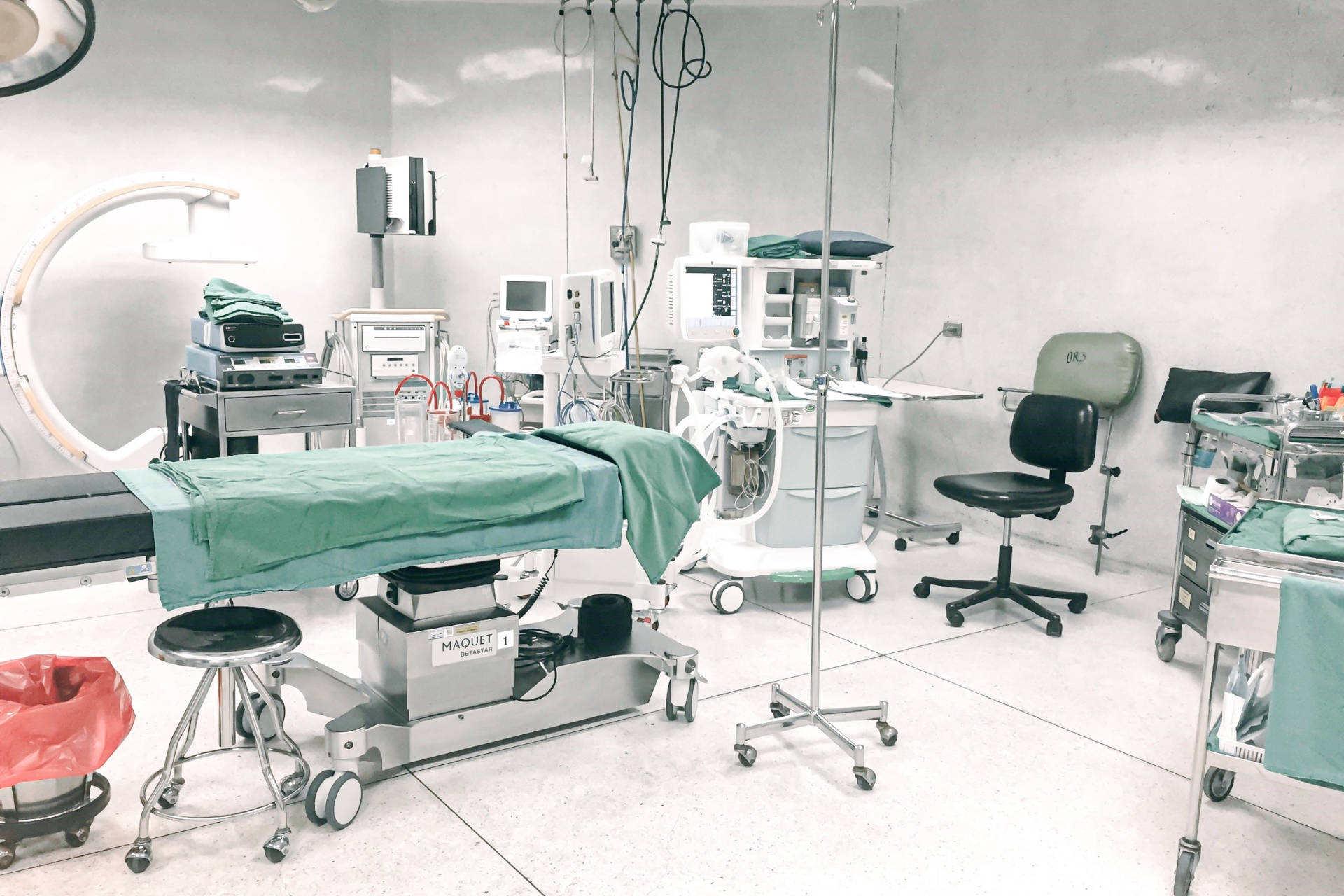Dr. Shaheen Institute Of Dermatology

PCOD
Comprehensive PCOD Management at Maple Healthcare
Polycystic Ovary Syndrome (PCOS) is a complex hormonal disorder that can have a significant impact on your overall health and well-being. At Maple Healthcare, our team of experienced medical professionals is committed to providing comprehensive care, personalized guidance, and effective strategies to manage PCOS and improve your quality of life.

Our PCOD Management Services
Comprehensive Evaluation:
Our healthcare experts will conduct a thorough evaluation to diagnose PCOS and understand its specific manifestations in your case. This assessment will guide the development of a personalized treatment plan.
Hormonal Management:
PCOS often involves hormonal imbalances. Our medical professionals will recommend appropriate hormonal management strategies to regulate your menstrual cycles, manage symptoms, and promote hormonal balance.
Nutritional Counseling:
Nutrition plays a vital role in managing PCOS. Our registered dietitians will work closely with you to develop a balanced and supportive meal plan that addresses insulin resistance, promotes weight management, and supports overall health.
Lifestyle Modifications:
Lifestyle factors, including physical activity and stress management, can impact PCOS symptoms. Our team will provide guidance on making sustainable lifestyle changes to support your hormonal health.
Fertility Support (if applicable):
PCOS can affect fertility. If you’re planning to conceive, our experts can provide guidance on optimizing fertility and managing PCOS-related challenges in the context of family planning.
Medication Management (if appropriate):
Medications may be recommended to manage specific symptoms of PCOS, such as acne, hirsutism (excess hair growth), and irregular periods. Our medical professionals will discuss potential medications and their benefits.
Why Choose Maple Healthcare for PCOD Management
Expertise: Our healthcare professionals specialize in PCOS management and are well-equipped to guide you through your journey. They will provide expert guidance, address your concerns, and ensure you receive the best care possible.
Personalized Approach: We recognize that PCOS management varies for each individual. Our professionals will work closely with you to tailor a plan that suits your needs, preferences, and health status.
Holistic Care: We believe in addressing all aspects of PCOS management, including hormonal, nutritional, and lifestyle factors, to provide comprehensive care.
Fertility Support: If fertility is a concern, our team will provide the necessary support and guidance to help you navigate the challenges of PCOS while pursuing your family planning goals.
Affordable Wellness: We believe that effective PCOS management should be accessible. Our services are competitively priced to provide you with quality care without financial stress.
Experience comprehensive PCOD management and support at Maple Healthcare. Contact us today to schedule a consultation and take the first step towards managing your PCOS and improving your overall health and well-being.
Frequently Asked Questions(FAQs)
The terms Polycystic Ovary Syndrome (PCOS) and Polycystic Ovarian Disease (PCOD) are commonly used interchangeably. It is a hormonal problem commonly seen in young girls and ladies.
- Irregular cycles
- Hirsutism (excess facial/body hair in females)
- Excessive acne
- Excessive scalp hair loss
- Lack of, or infrequent ovulation resulting in difficulty to conception
- Ovarian Cysts or enlarged ovaries in ultrasound
- High levels of testosterone
- Chronic pelvic pain
PCOD is most common hormonal problem/endocrine disorders in females in reproductive age group. Almost 10-15 % of girls and women have PCOD.
Hirsutism is the excess growth hairs over face or other body parts in females. Women affected by PCOS commonly experience hirsutism due to increased levels of the male hormones called androgens/testosterone.
- Indian girls and women are in general at higher risk as compared to other races
- Ladies who are overweight/obese
- Ladies with family background of PCOD (Who have sisters/mothers/aunts with PCOD)
- Ladies with family background of diabetes
An exact cause of PCOD has yet to be determined. There may be a genetic link; that this condition is passed through generations. Studies show that a large number of women with PCOD also have insulin resistance, and that insulin resistance can alter or negatively affect hormone levels, causing infertility and other cycle irregularities.
Insulin resistance is a condition common to PCOD in which the tissues of the body become less responsive to the hormone insulin. If left untreated, these people are at risk of developing diabetes in future. If diagnosed appropriately, there are treatments available which can prevent the progression to diabetes.
Recent studies show that many women with PCOD suffer some type of depression or anxiety issues. This is believed to be caused by the possible link between hormone imbalances and depression.
In order for your doctor to make the diagnosis of PCOD he/she will have to obtain a detailed medical history. In addition blood tests for various hormones and ultrasound pelvis are required.
It’s so important to understand the long-term health risks associated with PCOD. Not all women with PCOD will develop all of these, but PCOD does increase your risk.
- Endometrial hyperplasia and/or endometrial cancer
- Type 2 diabetes
- Sleep Apnea
- High blood pressure and High cholesterol
- Heart disease
- Stroke
Regular monitoring of PCOD and its symptoms are so important. Regular blood tests including blood sugar, cholesterol and triglycerides are important.
All patients of PCOD should follow a healthy lifestyle. Those who are overweight/obese, losing weight in these ladies make marked relief in their symptoms. Ladies with PCOD should follow a healthy diet and should do regular exercises.
With proper treatment many of the symptoms can be controlled and possibly even eliminated. With appropriate treatment hirsutism, acne, irregular periods, weight gain, and infertility all can be treated. All women with PCOD should seek the care of an Endocrinologist to optimize their health and prevent progression of symptoms.
Women with PCOD generally have irregular, infrequent, or even absent ovulation. Without ovulation there is no egg or ovum that is available for fertilization. Also, there is increased risk of miscarriage in women with PCOD. Your doctor can provide you with medications that can help you ovulate, in a process called ovulation induction.





